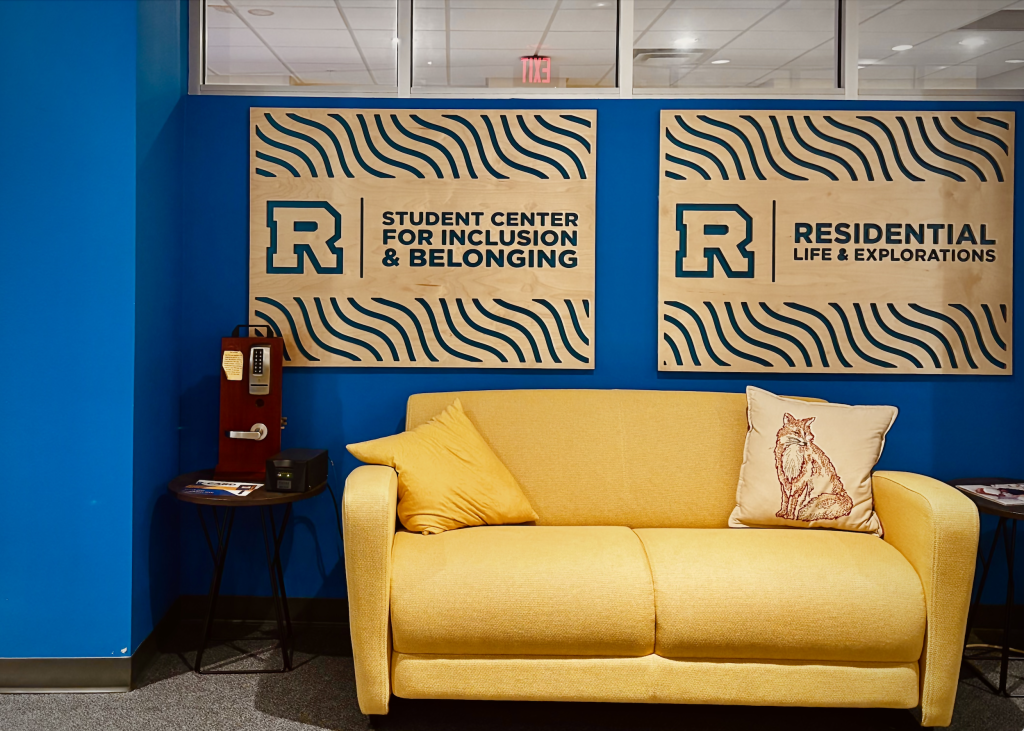
At colleges and universities across the country, diversity, equity, and inclusivity (DEI) initiatives have helped to ensure the safety and well-being of students while they focus on their studies. As a Work-Study at the Rollins Center of Inclusion and Belonging, my goal is to help make students comfortable and accepted at every step of their academic journey.
We are currently seeing DEI programs across the country being closed at institutions like Rollins. Already, schools including Columbia, UPenn, and Colorado State University have taken steps to follow new federal guidelines and remove policy guidelines related to DEI programs. The question now on the front of many people’s minds, my colleagues’ and mine included, is how federal pressures to eliminate DEI programs will affect us at the Student Center of Inclusion and Belonging and at Rollins as a whole.
I had the opportunity to interview Marjorie Trueblood, the Dean of the Student Center for Inclusion and Belonging, to try and get some answers. When asked to make a statement regarding the concerns of students and diversity, equity and inclusion, she said, “while there are certain attempts to ban DEI programs, right now it doesn’t have legal footing.”
As for why DEI programs are already closing at colleges and universities across the country, many are doing so preemptively out of fear of losing federal funds. A February 14 message from the Department of Education (DOE) in the form of a “Dear Colleague Letter”—a common way for DOE to communicate with institutions of higher education—stated that DEI programs contribute to racial discrimination and that the department will withhold federal funding from institutions that continue to allow such programs to continue.
This isn’t a new issue in Florida though: similar instances have happened with public colleges and universities in Florida since Governor Ron Desantis signed a bill banning public universities from receiving state funds if they funded DEI initiatives. It is important to understand that no enforceable legal ban has been upheld yet—a fact that President Grant Cornwell made clear in the Board of Trustees Open Forum meeting on February 20. In the meantime, Trueblood said, “we’re waiting to see what the courts will say before we jump to do something that might put our students and their experience at jeopardy.”
When asked about Rollins receiving aid from the federal and state governments, Dean Trueblood said, “Our institution does depend on federal and state aid, more specifically in terms of how we’re packaging students’ financial aid.” This could be very concerning and stressful to a lot of students, as 94% of students at Rollins receive a combination of federal, state, and institutional aid. This can affect someone’s decision of whether they can afford Rollins’ tuition.
Dean Trueblood continued to emphasize the different resources we have on campus for students to talk about their concerns. On Tuesdays and Thursdays, Rollins Wellness Center hosts “Let’s Talk!” sessions which are free walk-in chats with a counselor. More information about those events can be found on Get Involved.
Students can also stop by the Student Center for Inclusion and Belonging, located across from Residential Life and Explorations in the Lakeside Neighborhood. Either email Marjorie Trueblood or Felichia Wright and set up an appointment or walk-in. Also, make sure to look at the events the Center of Inclusion and Belonging is planning throughout the semester, creating safe spaces and activities to provide an inclusive environment.
The opinions on this page do not necessarily reflect those of The Sandspur or Rollins College. Have any additional tips or opinions? Send us your response. We want to hear your voice.

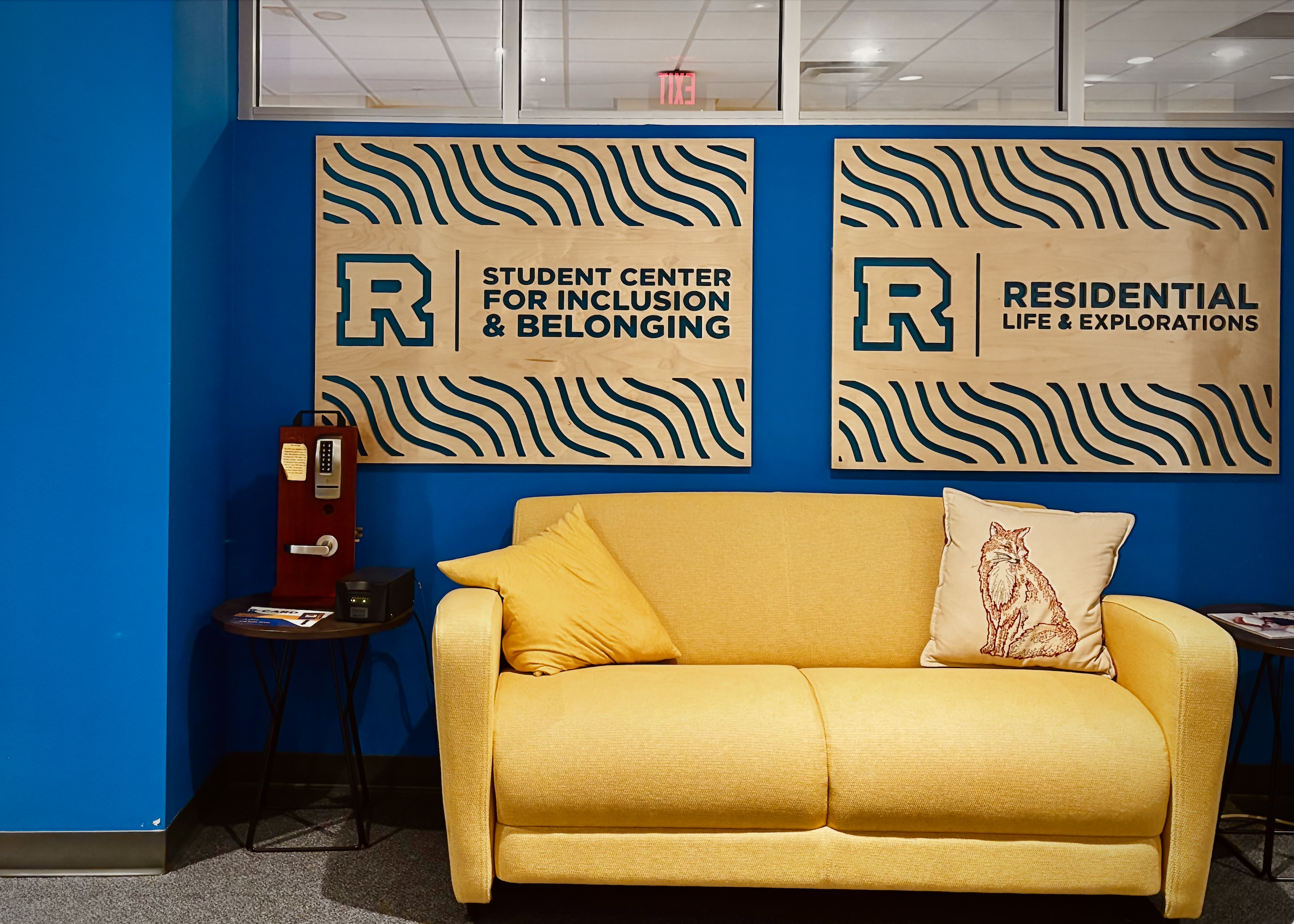
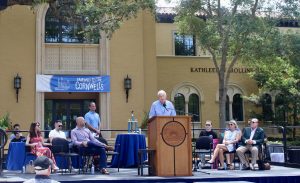

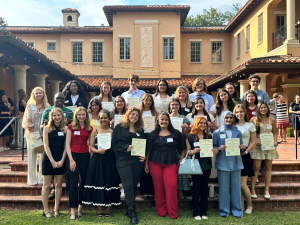


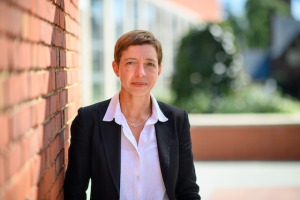




Comments are closed.